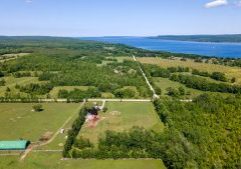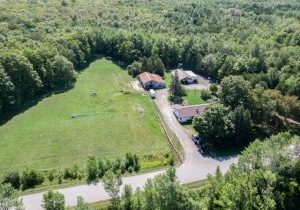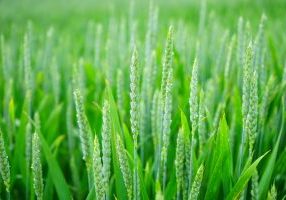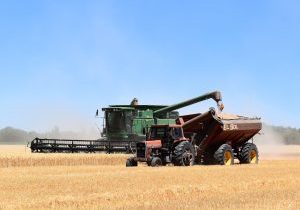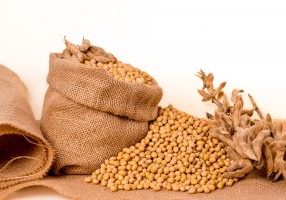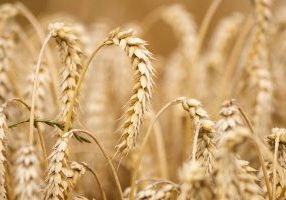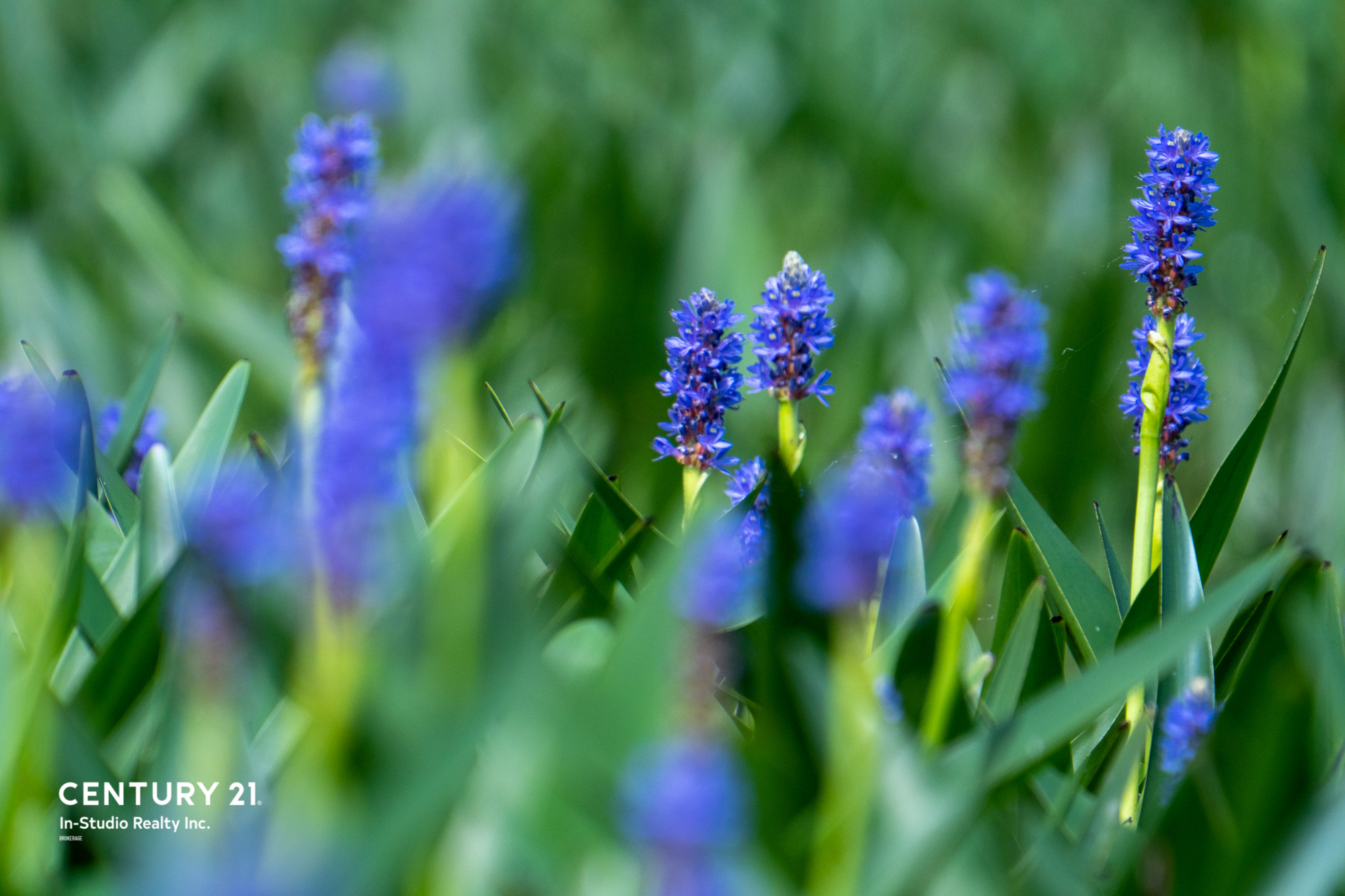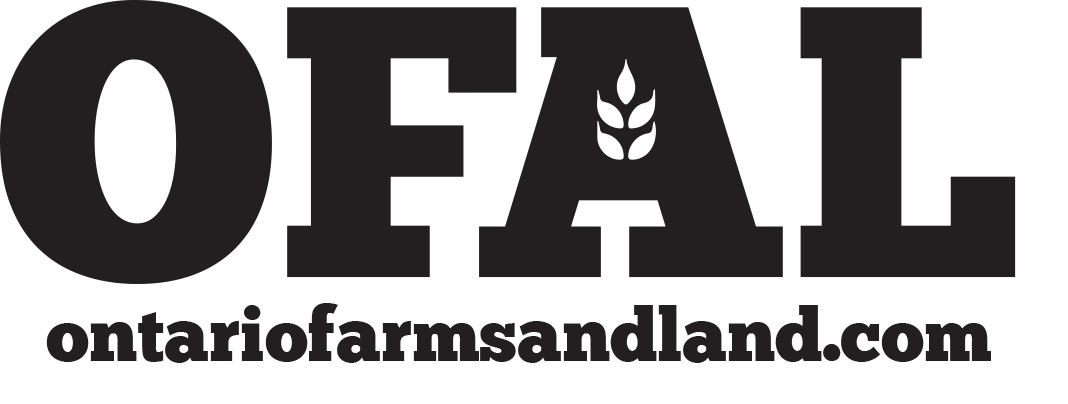Buy Fresh. Support Local. Thank You!
Considering farms for sale in York Tortonto Region? The York Region is located between Toronto and Lake Simcoe. It is part of the inner ring of the Golden Horseshoe. It spans an area of 1,762km2 and has a population of 1.11 million. This region has had a history of agriculture that continues to prosper, providing economic opportunity for new or experienced farmers. Toronto is located on Lake Ontario's shoreline, with a population of nearly 3 million, with urban agriculture on the rise to better utilize space and resources. This area has successfully answered the market call for more accessible, locally grown, fresh produce that is in high demand in a prominent market.
Both regions provide incredible opportunities for farms and businesses to connect with consumers directly to support the growing trend for fresh local produce. Additionally, the high population density provides a large accessible workforce. The long growing season of over six months and soil quality of class 1 and 2 make this area very fertile and viable for a thriving agricultural industry. There is ample water available to service the region as well, located between 2 larger water sources. Between dedicated farmland and newly reimagined garden space, there is room to grow in the York Toronto area!
Ready to purchase your next York Toronto Farm? Contact The Ontario Farms & Land Group today! 1-844-721-FARMS
Find Your Dream Farm For Sale In York Toronto
Local York Toronto REALTORS® Specializing In Farms & Land
Local Resources in York Toronto
Farmers Markets
With a shift in the market to supporting local and eating fresh and organic, the York Toronto region provides a large demand for farmers to sell directly to consumers through multiple platforms. The Toronto Farmers Market Collective is made up of farmers, chefs, and food artisans to create local food pick-ups throughout the city. Additionally, the Toronto Wholesaler Produce Association connects wholesalers and distributors to producers. It is a convenient business opportunity for fresh produce. They also support multiple initiatives throughout the city, including FoodShare, Daily Bread Food Bank, and Second Harvest, to give back to the community. The York region has worked diligently on their Eat Local campaign, with a guide map showcasing local farms, orchards, and small businesses to make fresh food more visible and accessible in the area. Check out the previous link to see every farm to table connection available, as well as additional examples of year-round and seasonal farmers' markets below:
- 19th Avenue Farmers' Market, Markham
- York Farmers' Market, Thornhill
- The Leslieville Farmers' Market, Toronto
- The Junction Farmers' Market, Toronto
Veterinary Clinics & Hospitals
There are ample resources for veterinary care throughout the York Toronto region, including clinics and hospitals with regular and emergency care. Whether you have big or small animals, your animals will be taken care of with professional veterinary care! See below for a list of the larger veterinary clinics and hospitals in the area:
- Toronto Veterinary Emergency Hospital, Scarborough
- VetsToronto Kingston Road Animal Hospital, Toronto
- Newmarket Animal Hospital, Newmarket
- Village Animal Clinic, Markham
Agriculture Supply Shops
With accessibility to more prominent distributors, the York Toronto area has what you need to set up and maintain your farm's success! Whether you're looking for feed suppliers, tools, heavy-duty farm equipment, or service, you'll find it here. See below for a few great shops to get you started:
- Queensville Farm Supply, Queensville
- Hutchinson Farm Supply, Whitchurch-Stouffville
- Peavey Mart, Uxbridge
- Bishop Tractor & Equipment Ltd., Queensville
Auctions
There is a variety of auction services available in the York Toronto region, whether you're looking for online or in-person services, if you're looking for heavy-duty machinery, estate sales, home supplies, farm equipment, tools, and vehicles, you'll be able to find a good deal on what you need. If you require an appraisal, these services are also provided by most auctions. See the list below to check out a few of the auctions in the York Toronto region:
- Pollards Auction and Appraisal Services, Sutton
- Auction Mongers, Richmond Hill
- Impact Auto Auctions, Whitchurch-Stouffville
Urban Centers
Vaughan
Located north of Toronto, Vaughan is quickly growing with a population of nearly 325,000 and is an affluent area with many economic opportunities.
Markham
Markham is the largest city in the York Region and fourth largest in the GTA with a population of nearly 328,000 and is located northeast of Toronto.
Toronto
Located on Lake Ontario, Toronto is a major Canadian city with a population of nearly 3 million.
Transportation & Logistics
-
Transportation
- Viva
- Rapid transit connecting the York Region as well as Toronto and the Peel Region
- Local Service
- Public transit that services the local communities throughout the York Region.
- Go Transit
- Public transit servicing the Toronto area and beyond
- Vaughan to Toronto – 42 km
- Markham to Toronto – 30 km
- Viva
Discover York Toronto Farming
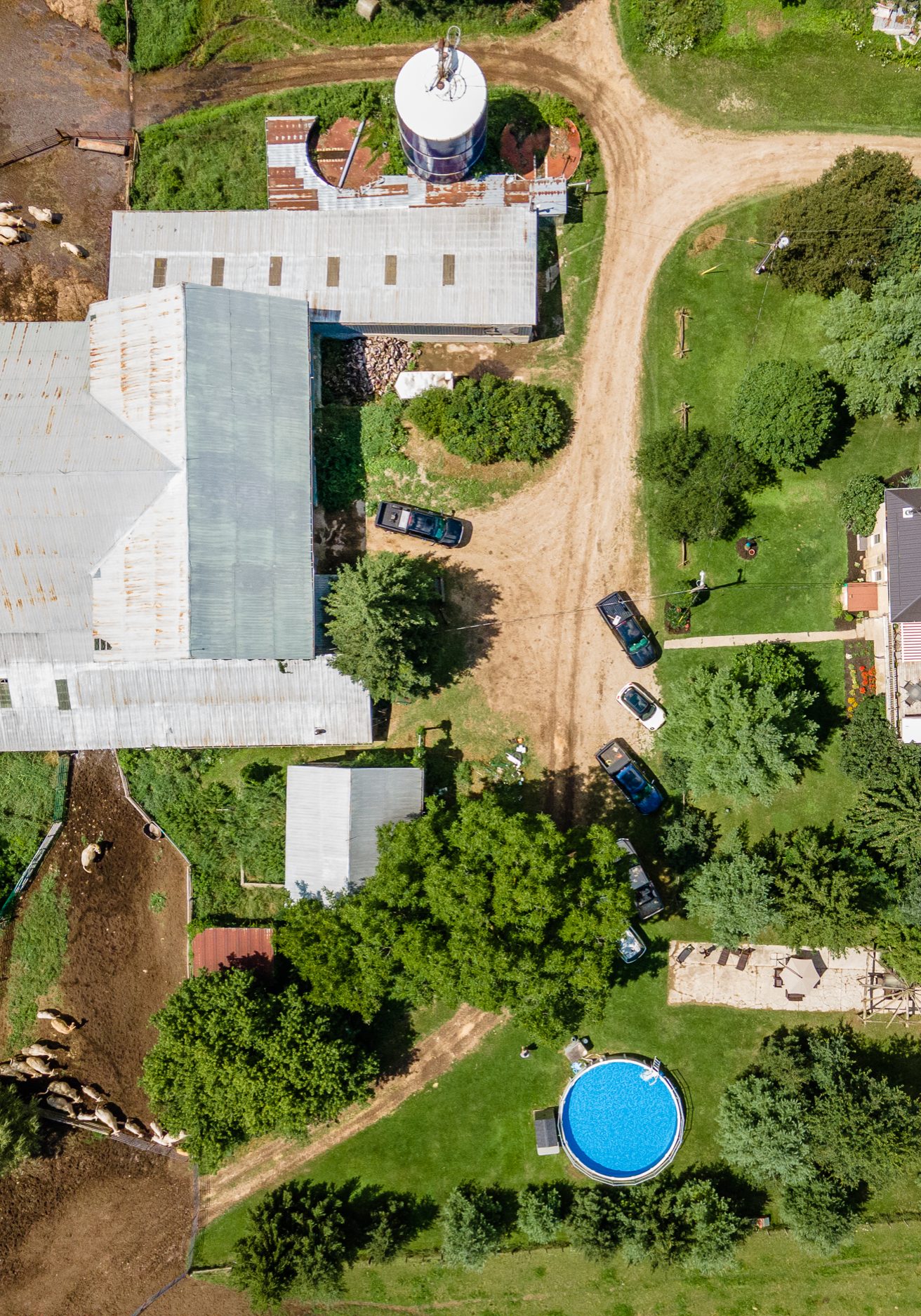
The York region's agriculture sector is thriving, with 712 farms and over 140,000 acres of farmland. The area is responsible for $2.7 billion in annual revenue and 57,000 jobs. The region supports a successful agriculture industry, with strategic goals to achieve results for farmers in the coming years. The farming found within the region includes grain and oilseed, field crops, cattle, dairy, and specialty livestock and mushrooms. Additionally, the area is home to tender fruits like peaches, cherries, and plums.
There are 73 farms found within the Toronto region, focusing mainly on urban agricultural opportunities. The Toronto and Region Conservation Authority leases out land to farmers within the region to harvest fresh food and bring communities together in a joint pursuit to grow the local farming movement. Many larger organizations have converted unutilized space into growing spaces, such as Ryerson University's Urban Farm.
The York Region Federation of Agriculture represents 750 farm families throughout the York region, advocating for local and regional programs and support to enhance the agricultural industry. The organization also offers scholarships for students in the agricultural sector in their pursuit of higher education and resources for farmers. Additionally, the Toronto Urban Growers is a network of consumers, farmers, and retailers focused on sustainable farming and growth.
Conservation and sustainability are essential components of living in the York Toronto region. The York Region Environmental Alliance has been a significant advocate promoting organic agriculture and food without chemical pesticides and fertilizers. Additionally, the Toronto and Region Conservation Authority has developed programs for students to visit and learn more about sustainable agriculture at the Kortright Organic Farm to better understand where our food comes from and how our world is connected. There are various conservation areas throughout the region, such as the Lake Simcoe Region Conservative Authority in Newmarket and the Bruce's Mills Conservation Area in Whitchurch-Stouffville.
Soil
The soil composition in the York Toronto region includes limestone, shale, till, clay, and sandstone. The region was previously forested with maple, beech, spruce, birch, elm, and other tree varieties. There is a history of agriculture throughout the York region, which allows the soil to remain uncontaminated by other industries. Preventing soil erosion is vital for the continued agricultural use of the land.
Weather
The weather in the York Toronto region is quite mild, with winter temperatures averaging around -8°C and rarely getting colder than -17°C. Summer temperatures average around 25°C, rarely surpassing 30°C. The average rainfall for the area ranges between 12 mm to 54 mm month over month, with an average snowfall of 89 mm in January. The longest days have roughly 15 hours and 27 minutes of sunshine, with the shortest days having just 8 hours and 55 minutes of daylight in the winter.
There are roughly 6.2 months of the growing season from April 20 – October 26 annually.
Water & Air
Water sources in the York region include Lake Ontario, Lake Simcoe, as well as groundwater wells that provide water to residents. The water systems have previously received a rating of 100% on the 2020 Drinking Water Systems Report. Additionally, the water in this area is considered hard to very hard and contains calcium and magnesium carbonate. The water in Toronto is treated and provided by the city systems for Toronto and a portion of the York region.
The air quality in York Toronto is reported as low risk and good.
Animals & Insects
Wildlife in the York Toronto area includes beavers, Canada geese, coyotes, foxes, raccoons, skunks, squirrels, and turtles. Insects found in the area include mosquitoes and ticks. Both regions provide many resources to provide residents with vital information to avoid negative encounters and live with wildlife who live in such close proximity to humans.
Read Our Latest Blogs
Discover Neighbour Farming Communities to York Toronto Region
ONTARIO FARMING COMMUNITY PAGES
On our community pages, you'll find a wide variety of local information and resources.



